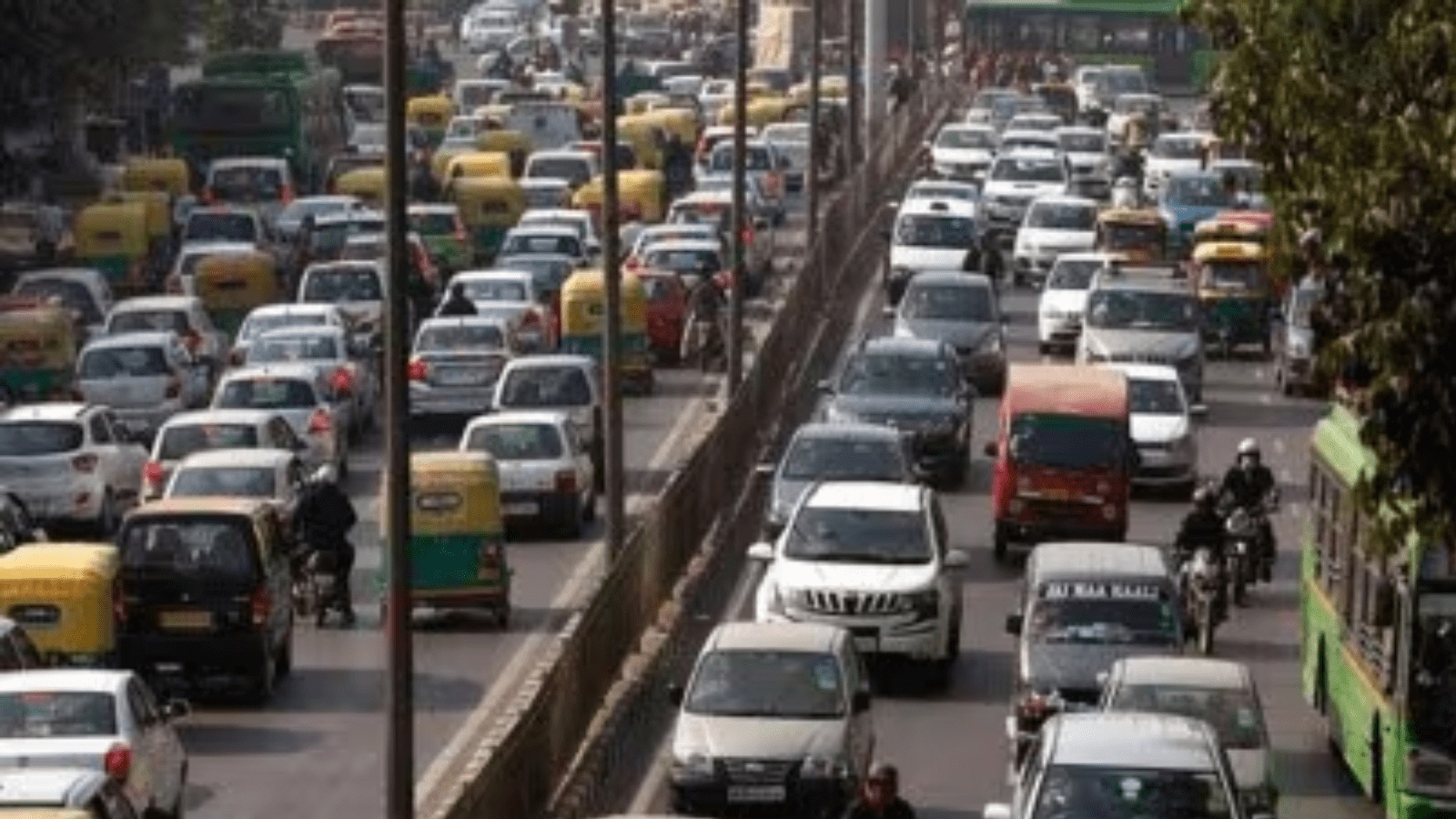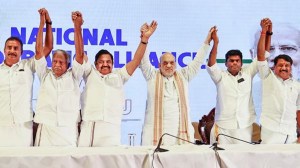Carbon dioxide emissions from India’s transport sector could be reduced up to 71 per cent by 2050 if high-ambition strategies are adopted on three key parameters – electrification, improving fuel economy standards, and switching to cleaner modes of transport and mobility, said a new study by World Resources Institute (WRI) India.
India’s transport sector accounted for 14 per cent of the total energy-related CO2 emissions in 2020, and there is a need for an emission reduction roadmap and targets for this sector, the study said.

The study noted that following a high emission reduction target in the transport sector would also be pivotal in achieving India’s net-zero target by 2070. The study’s findings are based on the energy policy simulator, which allows users to develop dynamic models for different decarbonisation targets and their outcomes. In addition to the simulation, inputs were also collected from expert stakeholder consultations.
“Implementing fuel economy, electrification, and modal shift strategies simultaneously at their highest ambition level results in a 71 per cent reduction in CO2 emissions and fossil fuel consumption by 2050 compared to the BAU (business as usual) scenario,” the study said.
Subrata Chakrabarty, a co-author of the study and Associate Program Director at WRI India, said that decarbonising India’s transport sector can be achieved by implementing least-cost policies.
“The simulation suggests that shifting to low-carbon transport for both freight and passenger segments is the most cost-effective policy in the long term, with estimated savings of Rs. 12,118 per tCO2 (tonnes of carbon dioxide equivalent) abated,” said Chakrabarty.
The mandate of expanding electric vehicle sales is most effective in terms of CO2 emissions reduction, with an annual abatement potential of 121 MtCO2e (Metric tonnes of carbon dioxide equivalent). The study added that the decarbonisation of electricity generation could complement the electrification targets in the transport sector.
Story continues below this ad
“Implementing an additional policy with a carbon-free electricity standard where 75 per cent of electricity is sourced from renewables results in a 75 per cent reduction by 2050 compared to BAU values,” the study stated.
However, if a BAU scenario is followed, the country’s transport sector will still be largely reliant on fossil fuels until 2050, the study noted.
“The consumption of fossil fuels such as liquefied petroleum gas, diesel and petrol is expected to quadruple over the next three decades. Such consumption will be driven by passenger travel demand, which is estimated to triple between 2020 and 2050, and freight travel demand, which is likely to increase seven times during the same period,” the study said.
The transport sector accounted for 14 per cent of total energy-related CO2 emissions in 2020, 90 per cent of which was driven by road transport, which remains the most carbon-intensive. Out of this 90 per cent, two-wheelers contributed about 16 per cent, cars about 25 per cent, buses 9 per cent, freight light-duty vehicles (LDVs) 8 per cent, and freight heavy-duty vehicles (HDVs) 45 per cent (the highest).
Story continues below this ad
According to the study, railways, aviation, and waterways contributed 6 per cent, 3 per cent, and 1 per cent of energy consumption, respectively.









